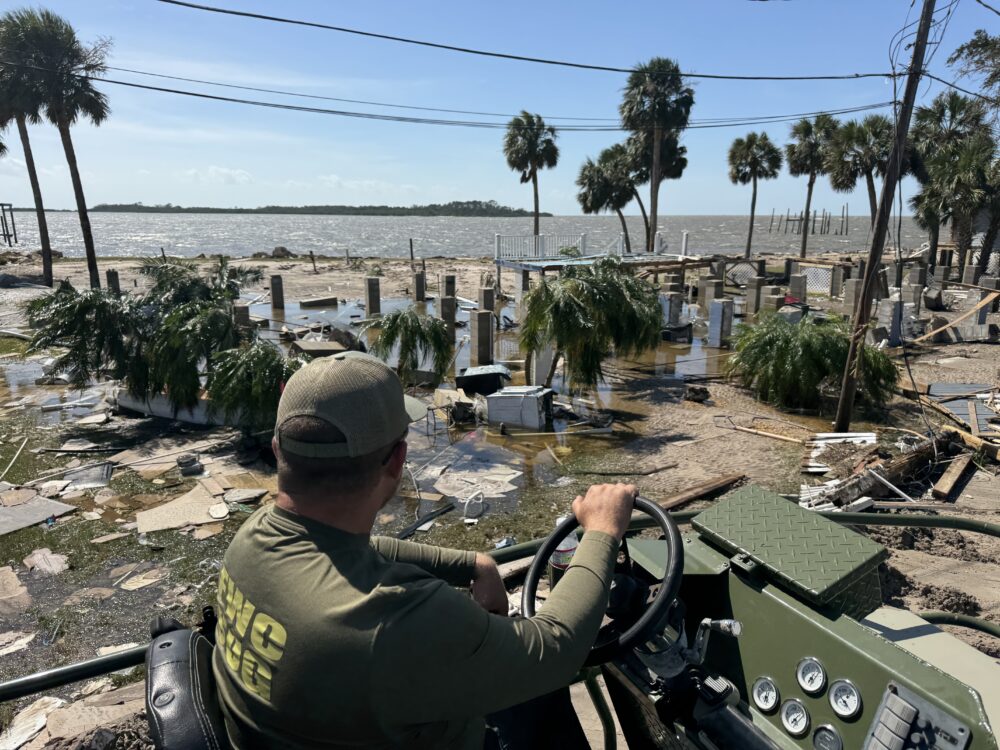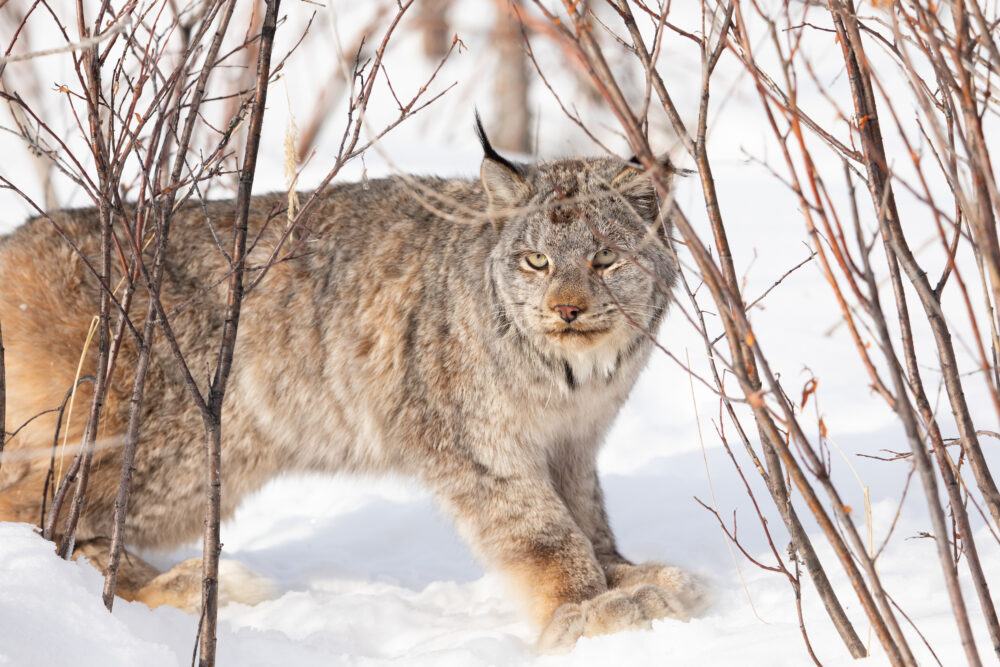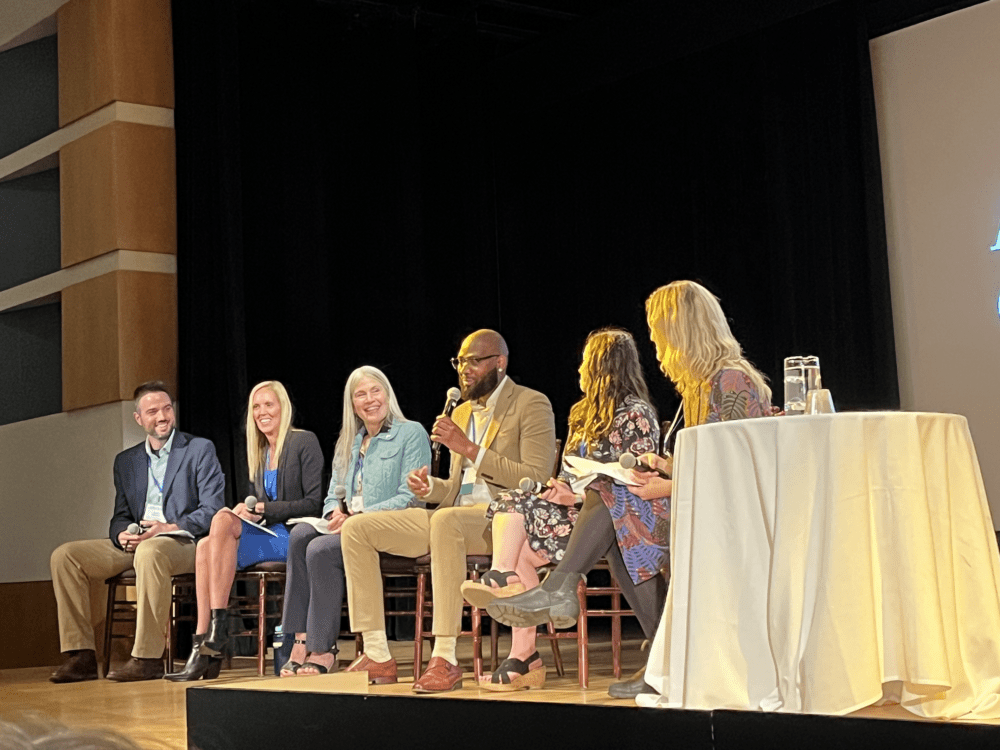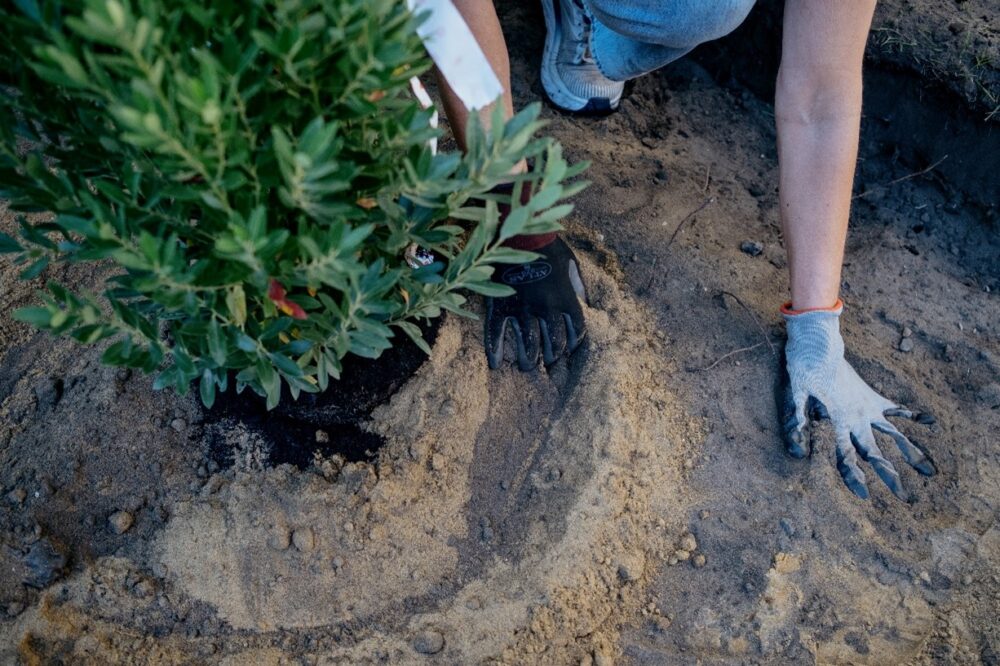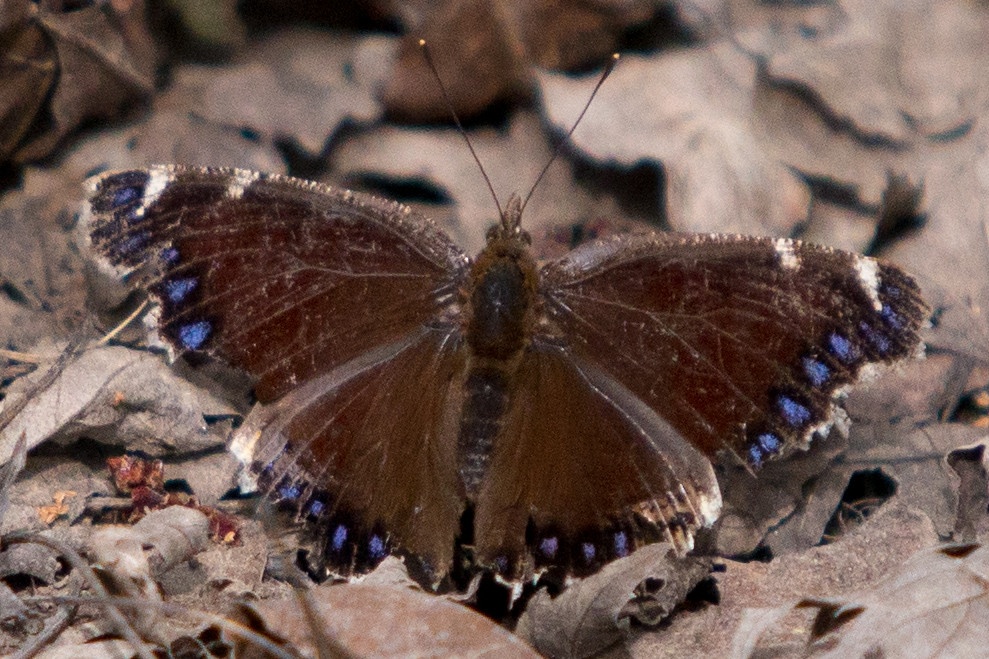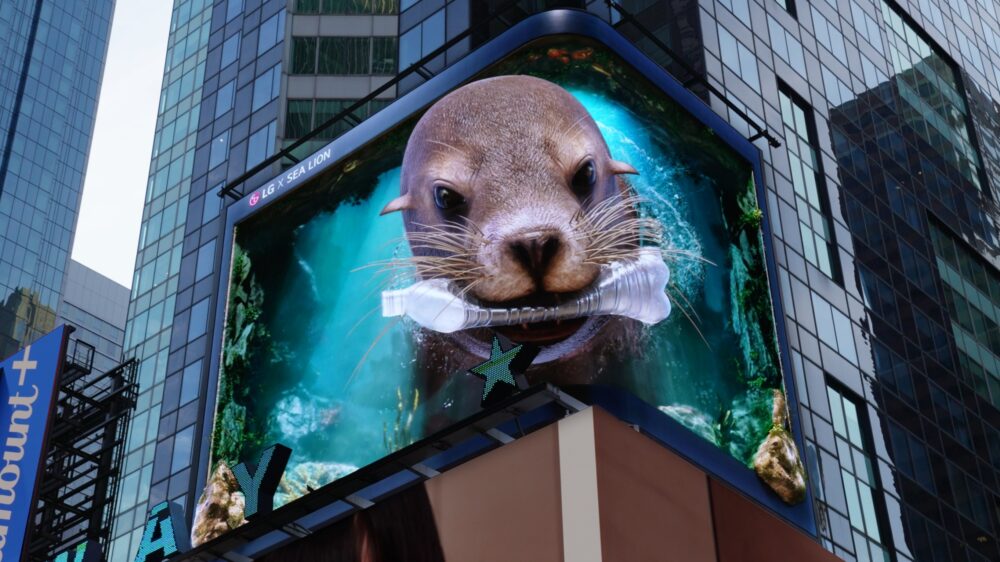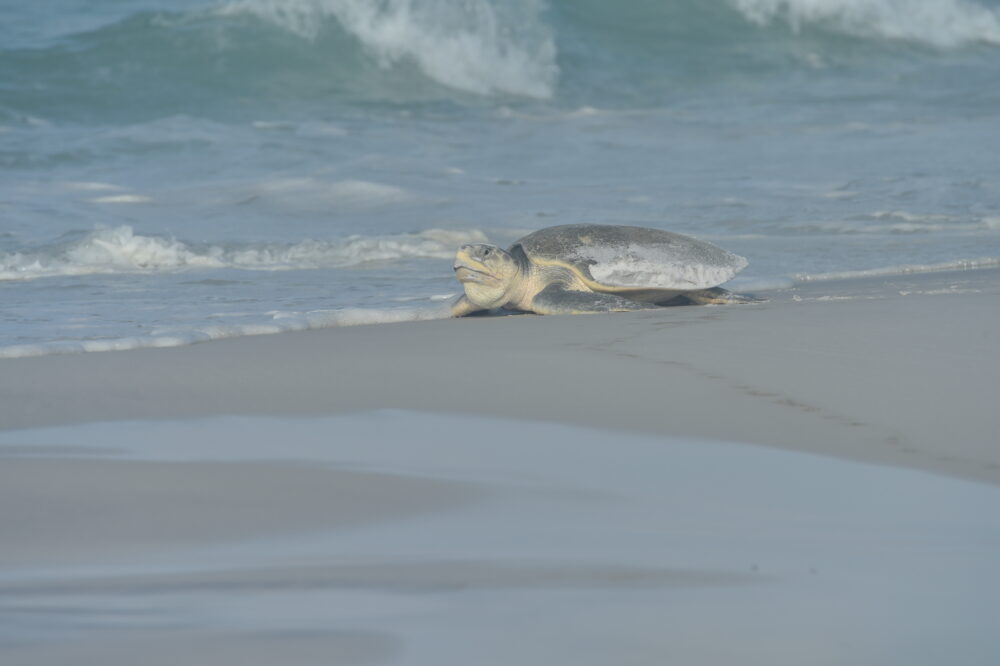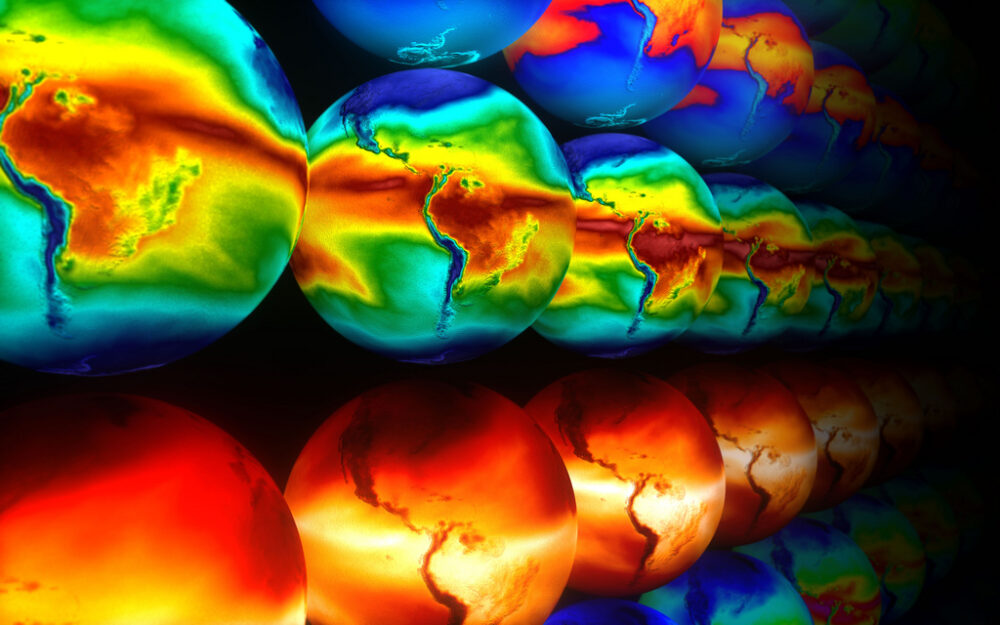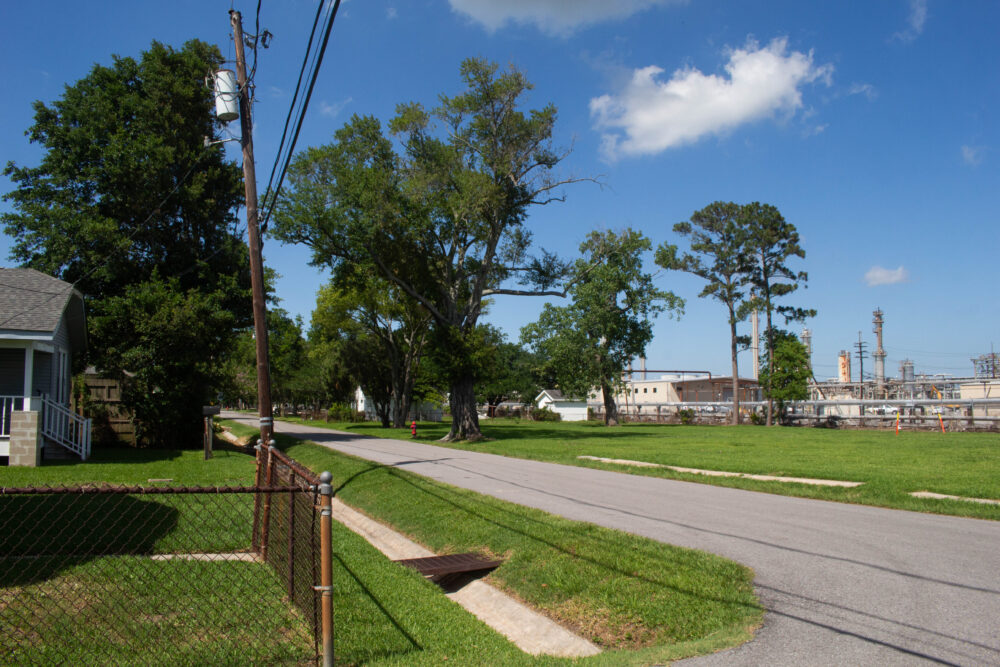We have much more to do and your continued support is needed now more than ever.
Infrastructure Package Must Include Conservation Investments—Here’s Why
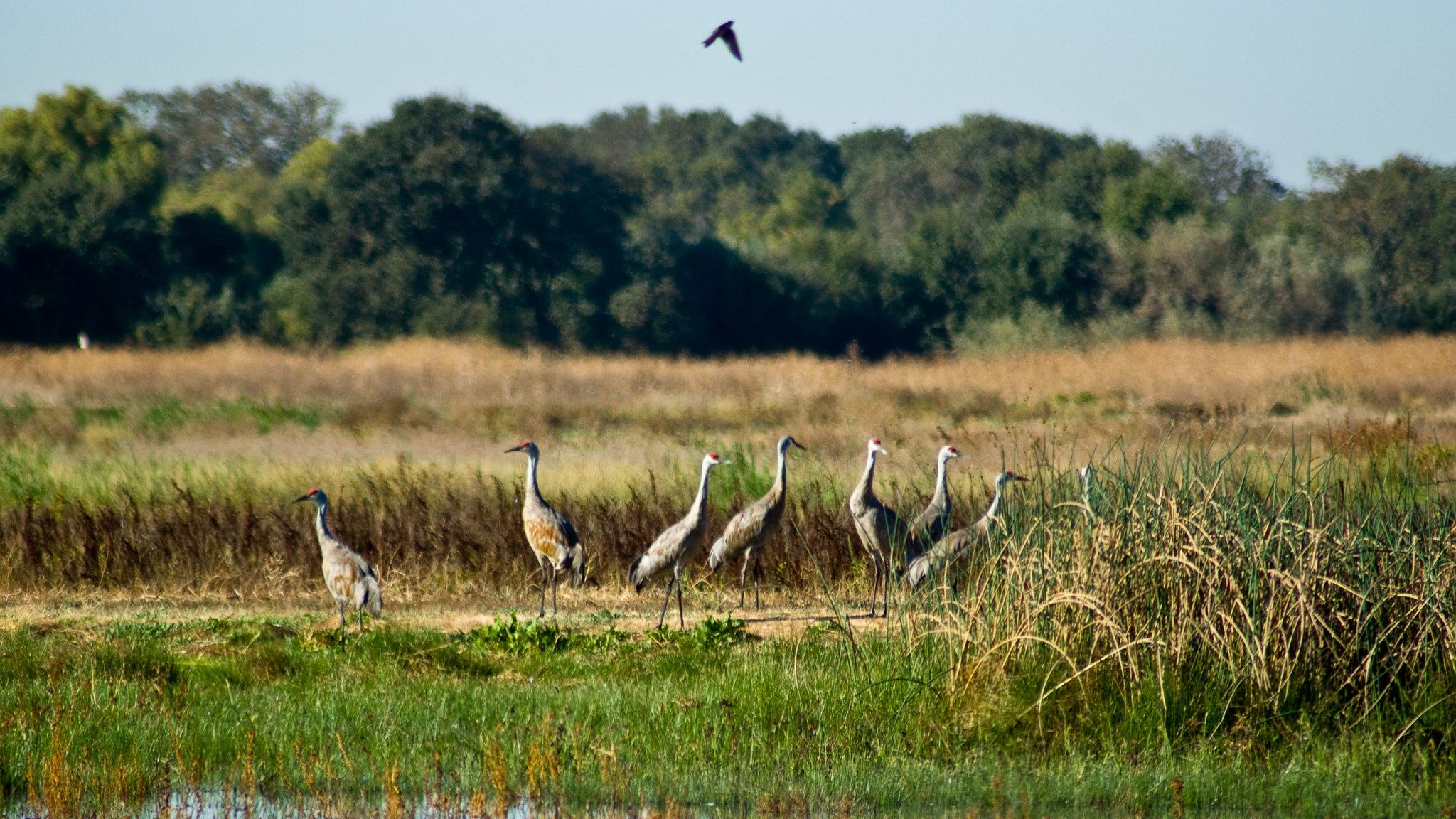
The United States is at a turning point. With the COVID-19 pandemic, the economic recession induced by the pandemic, racial injustice, and climate change facing the country, Americans need solutions. With the vast majority of Americans placing “strengthening the economy” at the top of their wishlist for Congress, this is the moment for legislators to take bold, decisive action and commit to creating jobs, rebuilding our economy, addressing racial inequities, and fighting climate change. While no one solution is a cure-all, conservation-minded infrastructure investments can begin to address all these problems at once.
That’s why the National Wildlife Federation is calling on Congress to prioritize infrastructure legislation that invests in workers and the economy, protects our communities from climate change, and restores natural ecosystems. And that’s why we joined other conservation groups in a new coalition, Conservation Works for America, to call for much of the needed investment.
Here are some of the ways Congress can ensure investments in infrastructure can pay off:
Meeting the Need for Clean Water
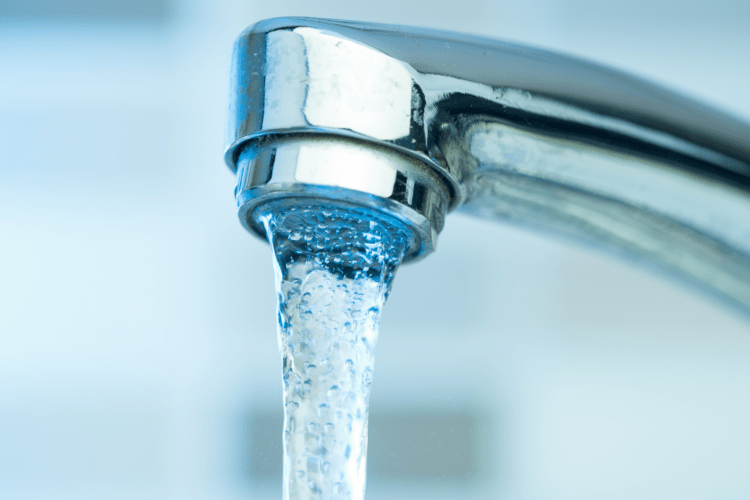
When people turn on their taps in America, the water coming out of it needs to be safe. Everyone needs access to clean, affordable drinking water, but not everyone has it. Water access in the United States is at risk. Aging pipes, rising consumer costs, and increased risk of droughts and flooding put the water infrastructure of our country under even more strain.
For some communities, this need was never met in the first place. During the pandemic, water shutoffs have primarily affected low-income households of color, as local and state governments and the federal government have failed to deliver on the basic necessity of drinking water. This is unacceptable. In addition to prohibiting water shutoffs, we must invest in programs that will enable municipalities and disenfranchised communities to modernize their water utility systems, such as the Clean Water State Revolving Fund program.
Resiliency and Preemptive Climate Action
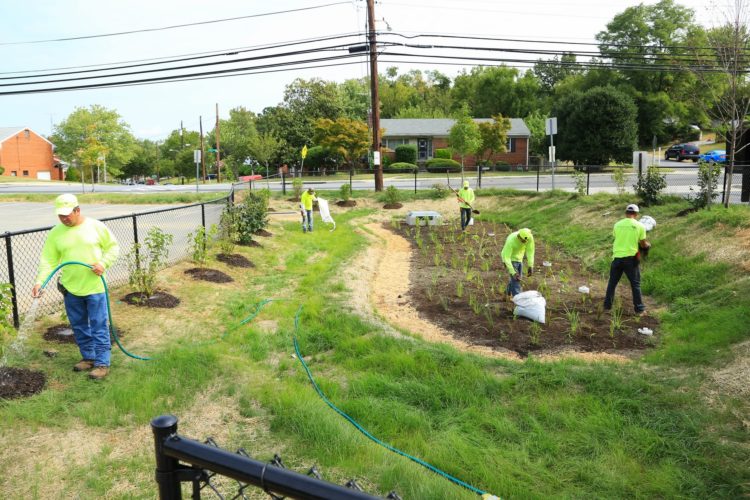
Climate change poses a threat to humans and wildlife alike. The changing climate means more dangerous and more frequent natural disasters and extreme weather events like flooding, hurricanes, and wildfires. We must invest to improve the resilience of our roads, buildings, and transportation to better withstand damages from natural disasters, including the use of natural infrastructure. Plus, programs that prevent disasters pay off: research indicates that investing in hazard mitigation saves $6 for every $1 invested by the federal government. And these construction projects will provide good-paying jobs for Americans out of work.
Preemptive climate action saves lives, money, and property. And it can also help reduce racial inequities. When natural disasters strike, the impacts disproportionately put communities of color in harm’s way. Just and equitable climate policies not only include mitigating climate change’s impacts but also strengthening and working alongside communities most vulnerable to these disasters.
Recreation Economies and Natural Infrastructure: A Winning Combination
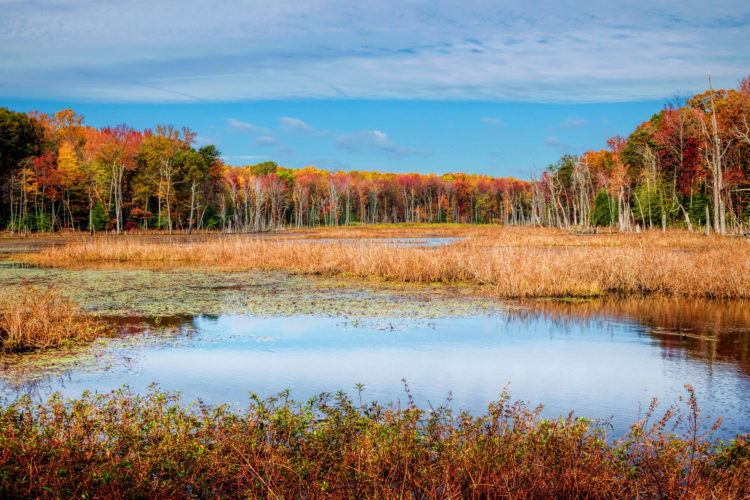
The pandemic has underscored the need for all Americans to be able to access the outdoors. With investments in ecosystem restoration, Congress can boost the outdoor recreational economy and create COVID-friendly jobs. Additionally, the recession has disproportionately put young people of color out of work—the creation of a 21st-century Civilian Conservation Corps can help fix this problem.
It’s clear that nature knows best. After all, some of the best climate solutions are already among us in the form of conserved ecosystems—like wetlands, floodplains, and forests. As the National Wildlife Federation and Allied World’s 2020 report, The Protective Value of Nature points out, “Oftentimes the most effective hazard risk reduction comes in the form of undisturbed and healthy natural systems.” Our nation’s natural systems keep pollutants out of our air and water and sequester carbon dioxide from the atmosphere. Expanding their capacity by conserving more habitat is yet another way to grow the recreational economy, mitigate climate change, and create jobs.
Interlocking problems call for interlocking solutions, and conservation investments lie at the heart of the action Congress must take. With the will of the American people behind these investments, it’s time that Congress gets to work on infrastructure so Americans can get back to work.











